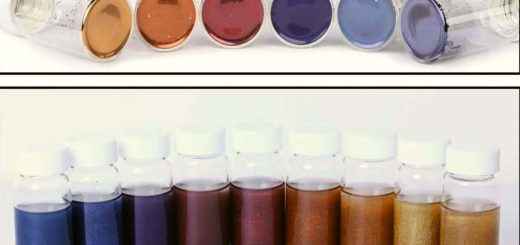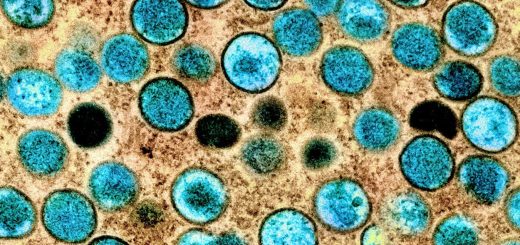Peculiar plant could help us reconstruct ancient Earth’s climate
Something strange happens to water as it moves through the stems of horsetail plants – and this unique process provides valuable clues for understanding past and present ecosystems
By Alex Wilkins
10 July 2025
Smooth horsetail plants have segmented stems
piemags/nature/Alamy
A strange plant that has existed since animals first walked on land can distil water to an extreme degree, making it look more like water from meteorites than regular water from Earth. As well as being key to understanding ecosystems today, the plant’s fossilised remains could shed light on Earth’s climate and water systems when dinosaurs were alive.
Almost all the oxygen atoms in water have eight neutrons, but some are rare, heavier isotopes with nine or 10 neutrons. When water evaporates, lighter isotopes evaporate more than the heavier ones, making the ratio change in predictable ways. Scientists can use this to trace the history of a particular water sample, such as whether the water came from the ground or from fog, how quickly the water passed through the plant, or the humidity that that plant experienced in the past.
Read more
Traces of ancient life reveal a 3.4-billion-year-old ecosystem
However, because the heavier isotopes occur in such small quantities, it is difficult to gather good data on how the isotope ratio changes, making some observations difficult for scientists to explain.
When sampling water from desert plants and animals, Zachary Sharp at the University of New Mexico and his colleagues found that their data didn’t fit with what was expected from models based on laboratory readings.
Sharp and his colleagues think they have solved the problem thanks to unusual plants called horsetails, which have grown on Earth since the Devonian Period, around 400 million years ago, and have hollow, segmented stems. “It’s a metre-high cylinder with a million holes in it, equally spaced. It’s an engineering marvel,” says Sharp. “You couldn’t create anything like this in a laboratory.”


